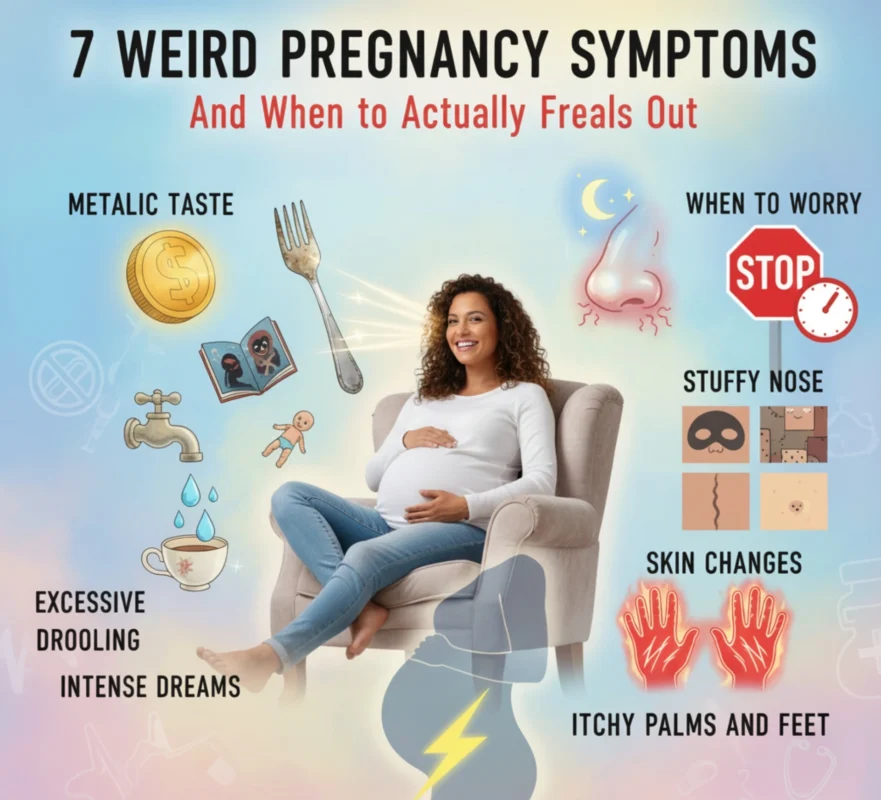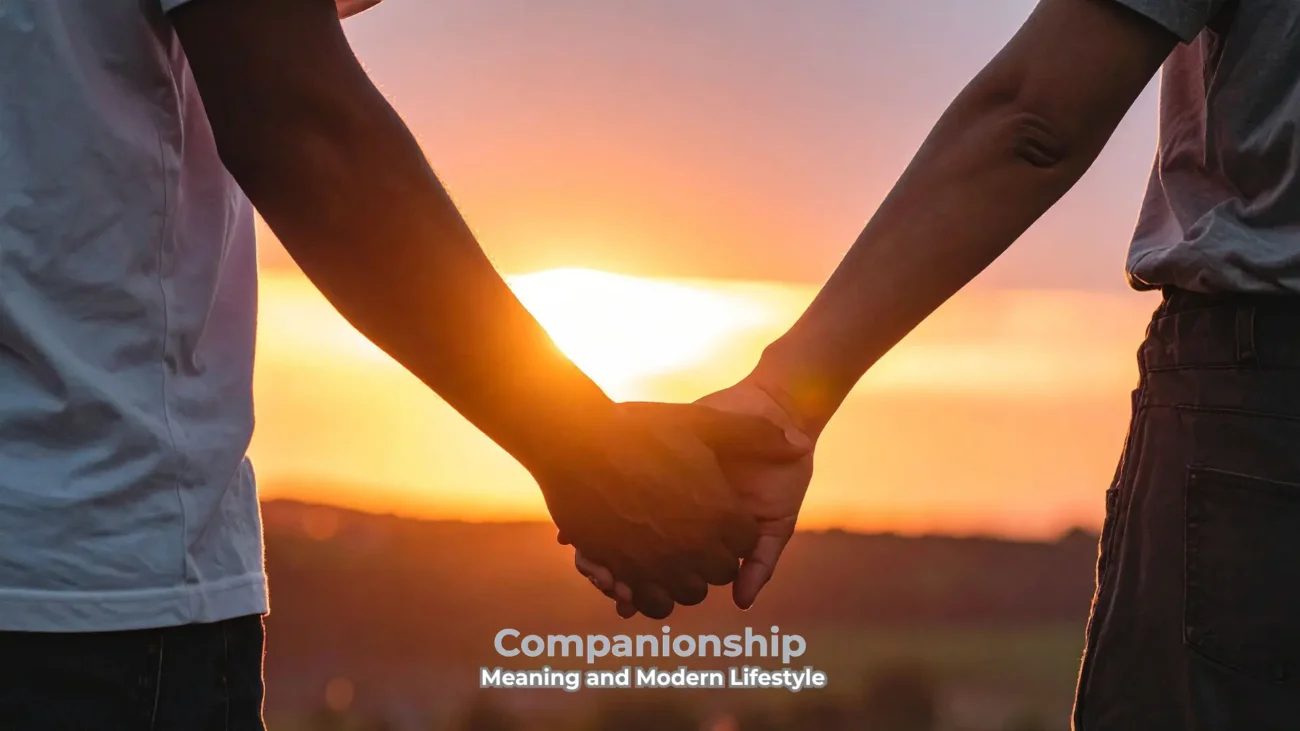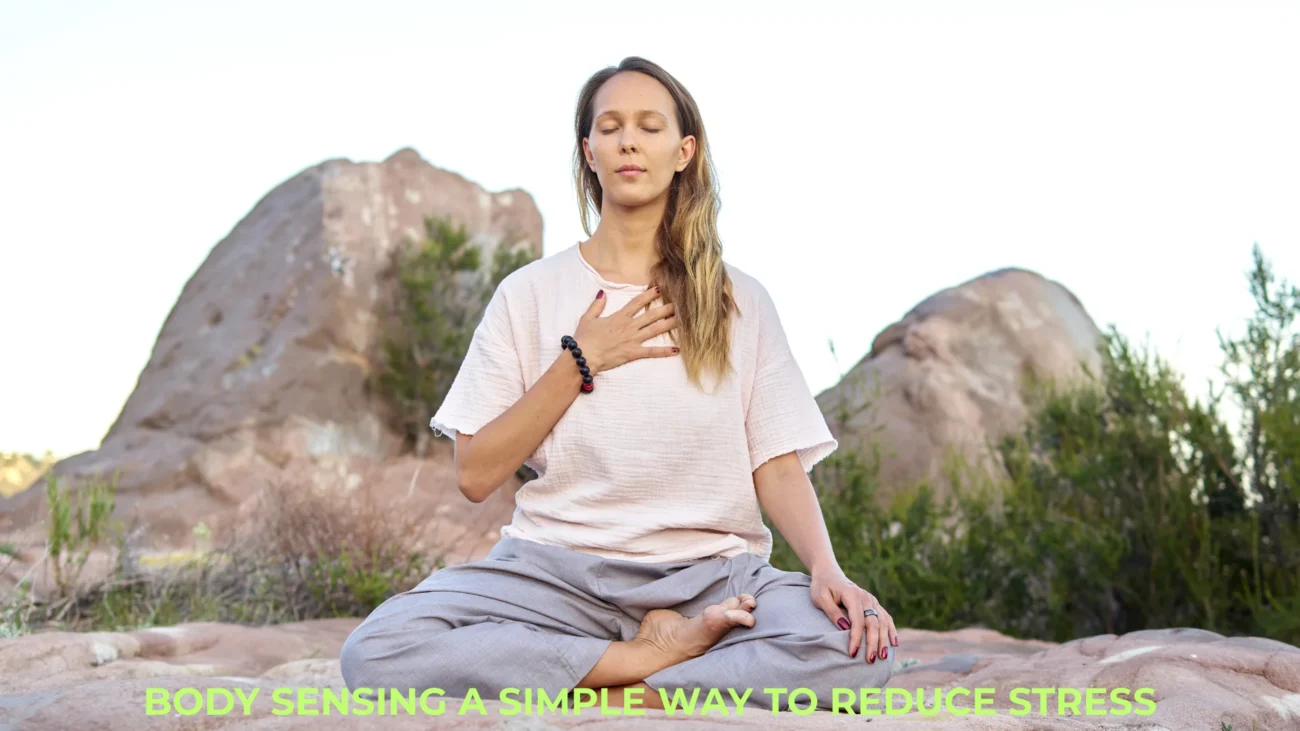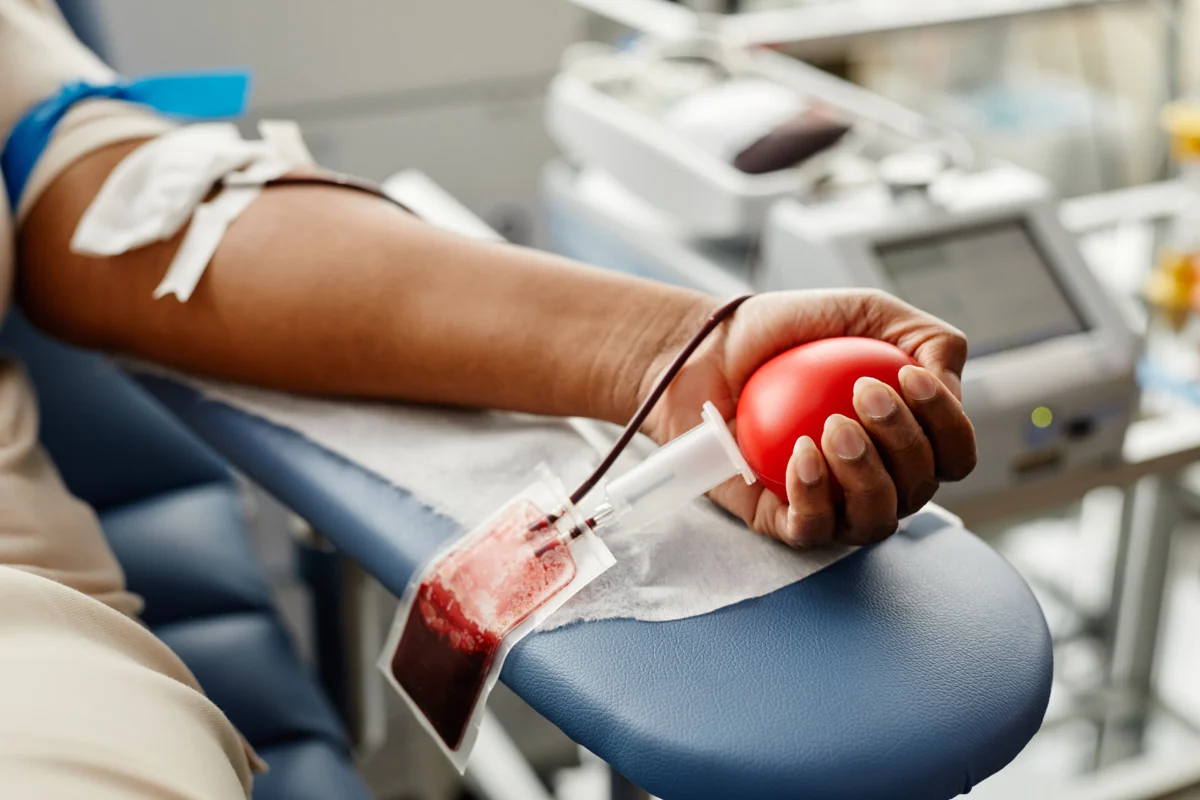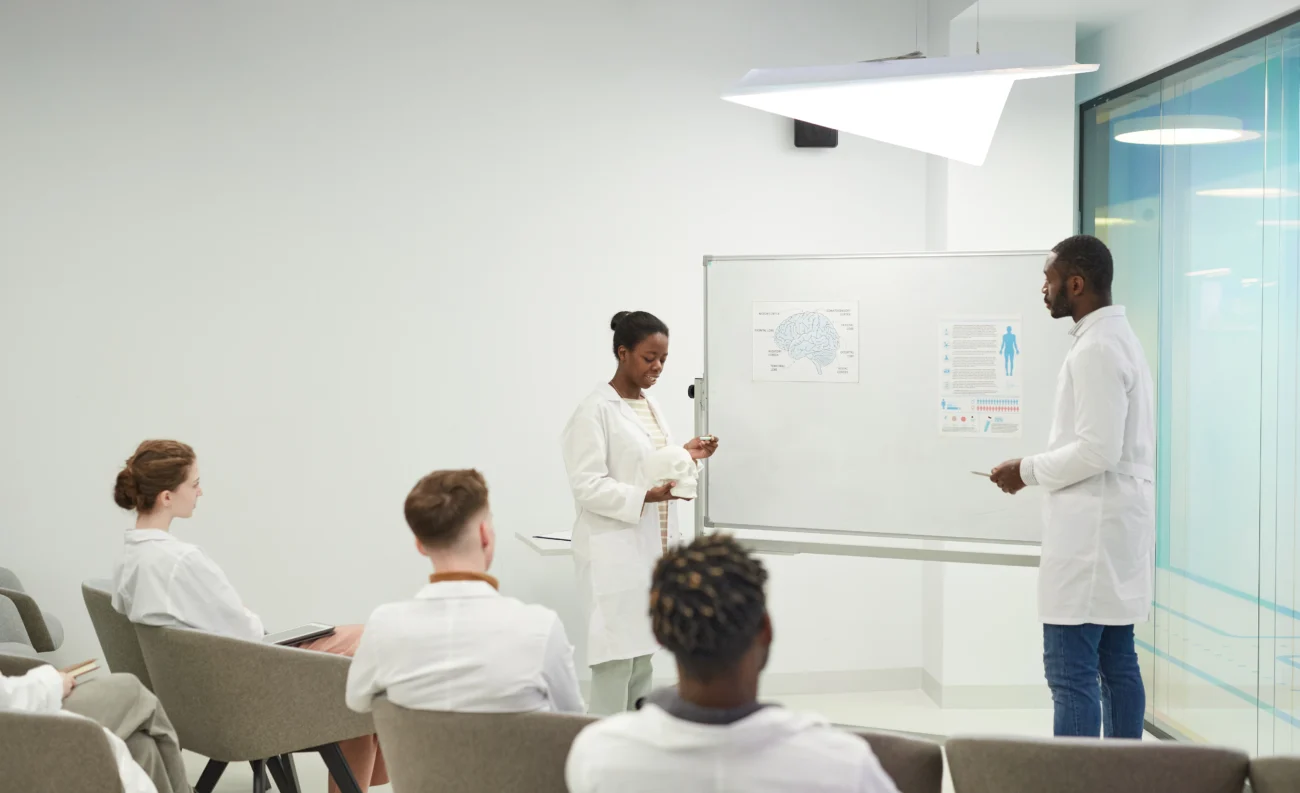Blog
The Journey of Healing Essential Questions for Addiction Group Therapy
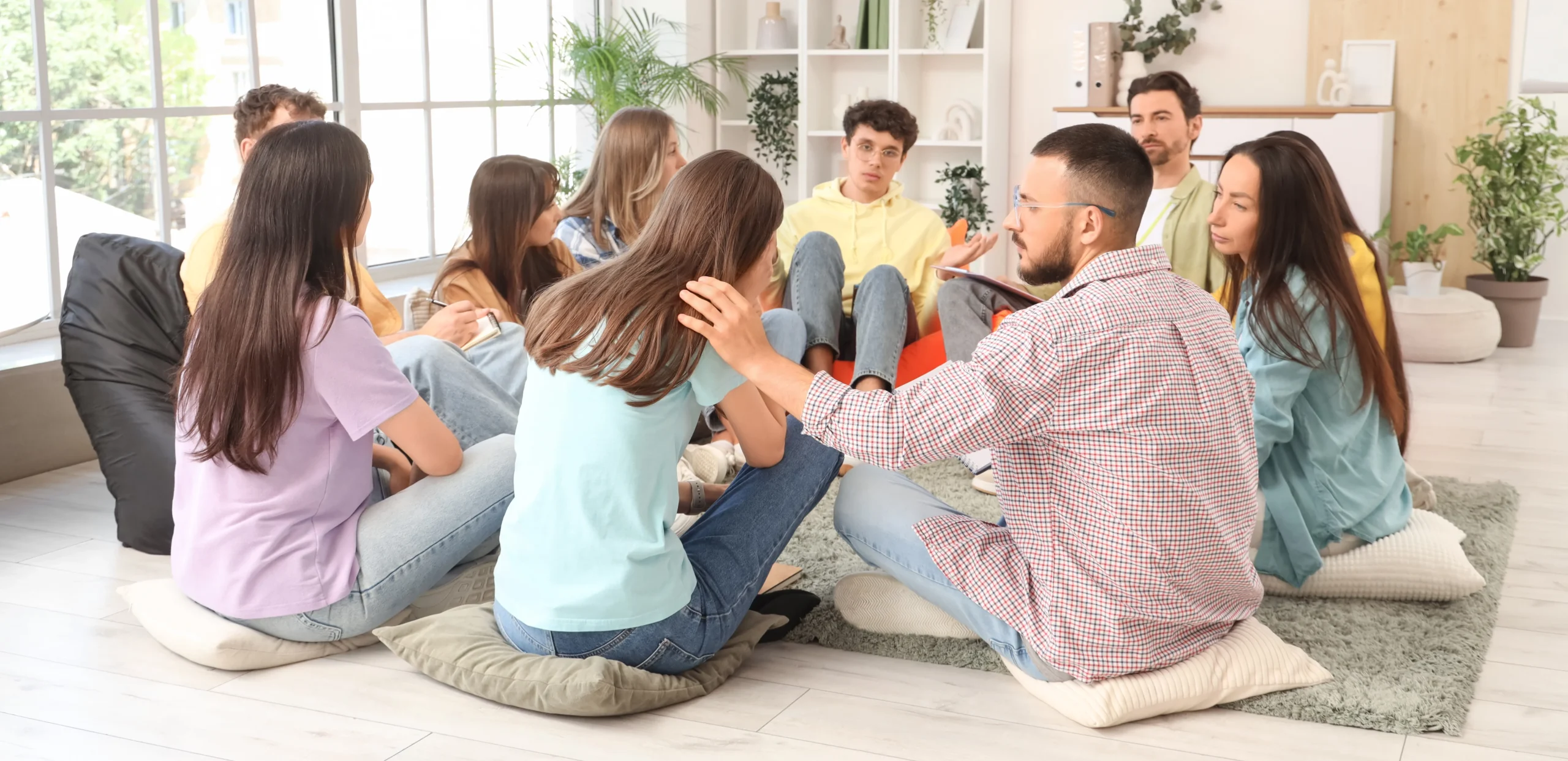
Recovery from addiction is never easy—it’s a road filled with challenges, victories, and constant learning. One of the most effective tools in this journey is addiction group therapy, where individuals find strength, support, and healing together. Group sessions create a safe space for sharing stories, learning coping strategies, and fostering mutual encouragement.
But what makes group therapy impactful? Often, it’s the right questions that spark reflection, honesty, and growth. Below are some of the most effective questions that can guide meaningful discussions in addiction group therapy sessions.
What makes a group meeting work? Most of the time, it’s what questions people ask. Good questions don’t just take up time – they get people to talk about real things, make you think about your life, and help everyone get better. Here are some questions that get people talking, why they help, and what people might say.
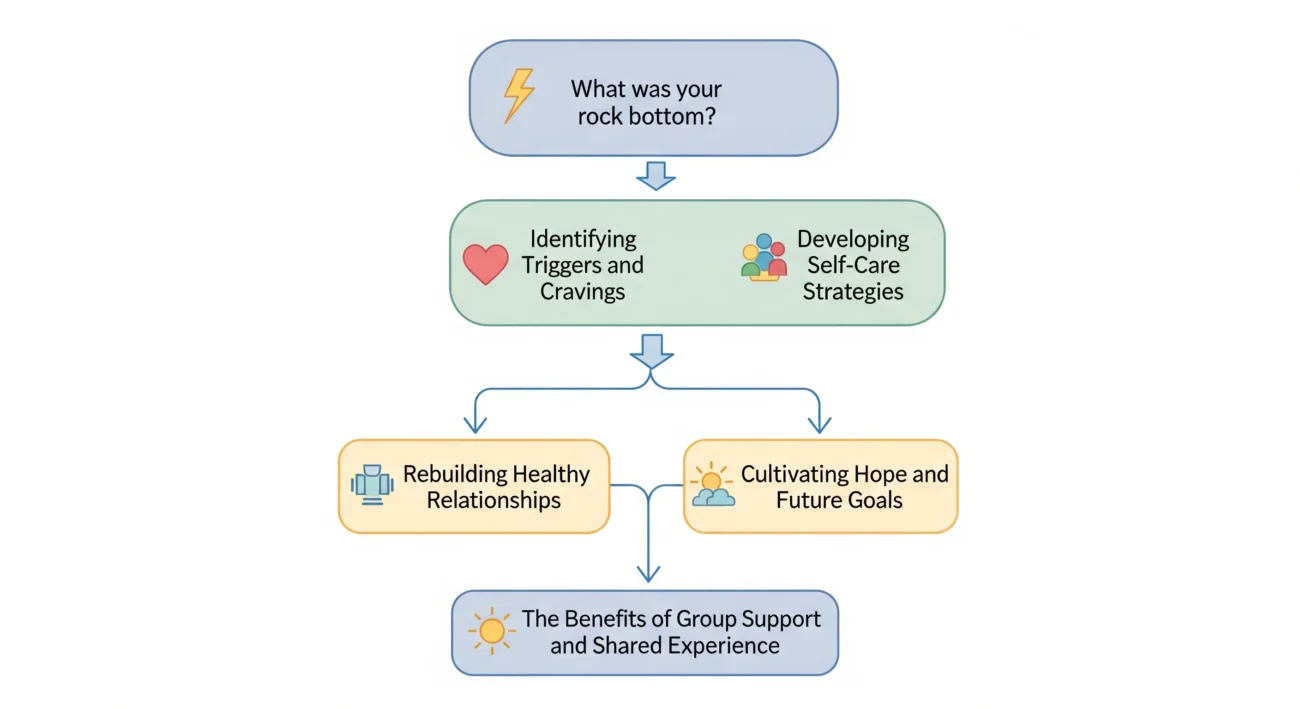
(1).What was your worst moment, and what made you finally get help?
Why this helps: Thinking about that bad time helps people remember why they decided to get off drugs. It makes them want to stay off drugs more and shows them how bad things got.
What people usually say: Everyone’s story is different. Some people had health scares, others got in trouble with the law, lost their jobs, hurt their relationships, or just felt hopeless and couldn’t take it anymore.
Example: “My worst moment was waking up in the hospital after I overdosed and seeing my mom crying. I knew I wasn’t just messing up my life anymore – I was hurting her too.”
(2).What makes you want to use, and how do you deal with it?
Why this helps: You need to know what makes you want to use drugs if you want to stop using them. Talking about it makes you pay more attention, and when people share how they deal with it, everyone learns new ways to handle things.
What people usually say: Stress, feeling lonely, or getting mad come up a lot. Sometimes it’s certain people, places, or dates that make you want to use drugs. People deal with it by calling their sponsor, going for a run, staying busy with things they like to do, doing breathing exercises, or just staying away from bad places.
Example: “Work stress is my biggest problem. Instead of drinking now, I go running or call my sponsor. It helps me deal with the stress without messing up.”
(3).What does taking care of yourself mean to you when you’re trying to get better?
Why this helps: When people are using drugs, they usually stop taking care of themselves – not eating right, not sleeping, not caring about how they feel. Talking about taking care of yourself gets them thinking about doing good things that help them stay off drugs.
What people usually say: People might talk about cooking real food, getting enough sleep, going outside, doing things they enjoy, meditating, or spending time with family and friends again.
Example: “Taking care of myself means getting enough sleep, eating regular meals, and reading for a little bit every day. It keeps me balanced and stops me from getting too stressed out.”
(4).How did using drugs or alcohol mess up your relationships, and what are you doing to fix them?
Why this helps: Drug addiction doesn’t just hurt the person using drugs – it breaks trust and hurts relationships with people you care about. Talking about this makes people take the blame for what they did and think about how to make things better.
What people usually say: People talk about how they lost trust, caused money problems, got in fights, or pushed everyone away. Making things better might mean saying sorry, telling the truth, setting limits, staying off drugs, or just calling people every week.
Example: “My drug problem really hurt my relationship with my sister. I’m trying to make it better by being there for her, telling her the truth, and showing her I’m serious about staying off drugs – even if it’s just calling her every week.”
(5).What gives you hope and keeps you going when you’re trying to get better?
Why this helps: Getting better has good days and bad days. This question helps people think about what keeps them going. Hearing what helps other people can make the whole group feel better.
What people usually say: Hope might come from seeing how much they’ve changed, fixing relationships, having faith, making plans for the future, or just wanting a healthier life.
Example: “What keeps me going is seeing how much I’ve changed. My head is clear, I can enjoy things I used to love again, and I’m actually building a future I never thought I could have. That makes me feel hopeful.”
(6).What’s been the most helpful thing about group therapy for you?
Why this helps: This shows everyone why the group is good. It tells the people running the group what’s working and reminds everyone how much better they’re getting together.
What people usually say: People often say they feel less alone, learn from hearing other people’s stories, can share without being judged, or see things from a new perspective.
Example: “The best part is knowing I’m not the only one going through this. Hearing other people’s stories makes me feel like someone understands me and I’m not by myself.”
Ending Thoughts
These questions aren’t just ways to use up time – they make people think hard, get better, and feel closer to each other. Group therapy works when people feel safe enough to tell the truth, and questions like these help make that happen. When people can have real talks, they understand their lives better, feel stronger, and have a better chance of staying off drugs for good.
References
(3)Mental Health America. “Taking Good Care of Yourself.
Kelly, John F., et al. “How group therapy works for addiction: Mechanisms of change in twelve-step facilitation.” Psychology of Addictive Behaviors 25.4 (2011): 856–863.

